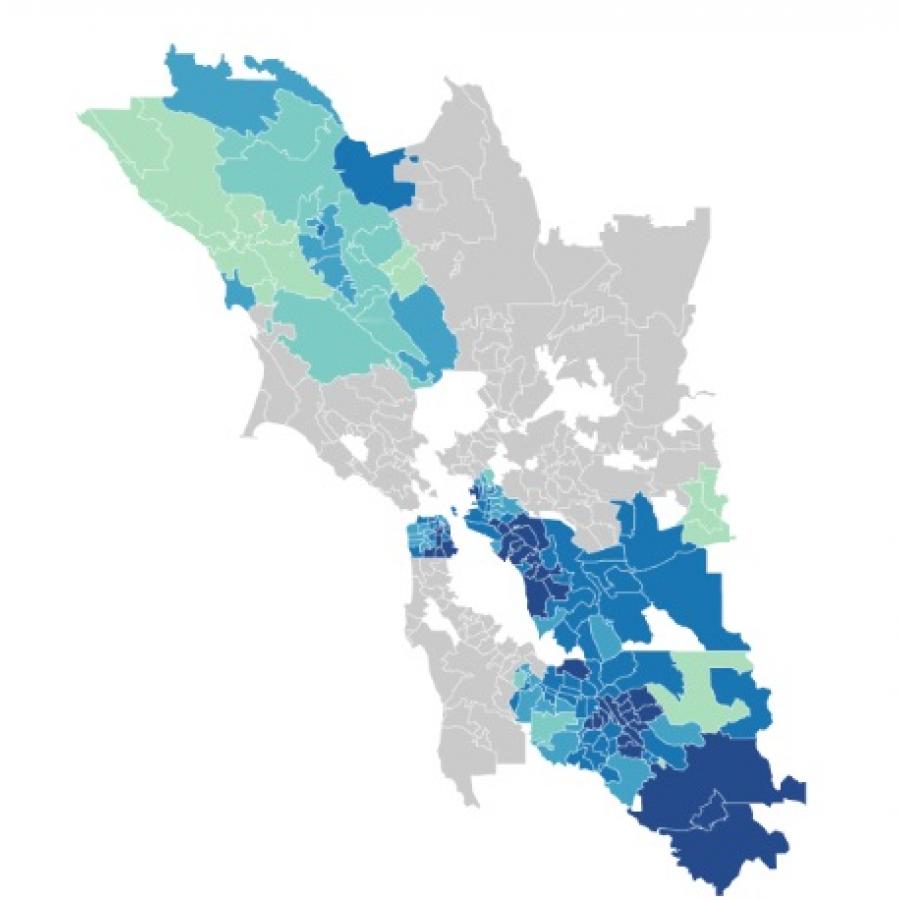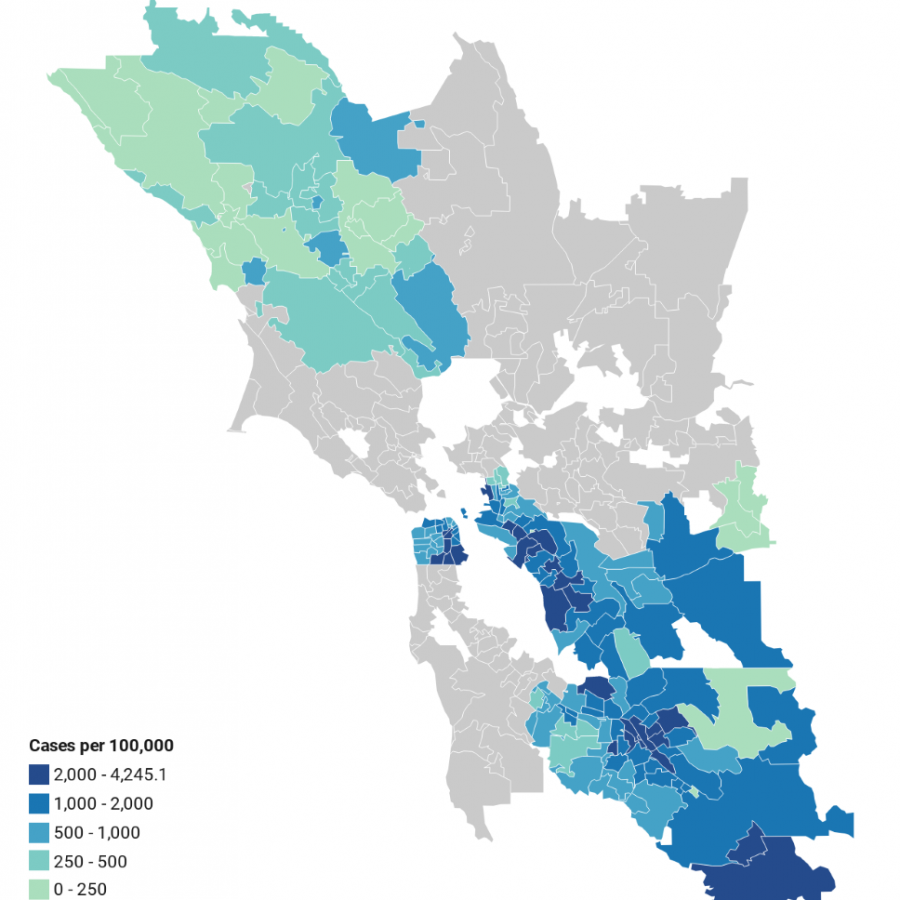Join Us to Talk Disaggregated Data and COVID-19 This Friday
Dear Atlas Users,
We hope that you and your families are staying strong through this difficult time. Our team is in the process of determining how we can best support communities in their response to the outbreak, aligned with the solidarity economics prerogative laid out by PERE director Manuel Pastor in this this new op-ed. We hope you will join us on Friday to inform our approach.
Register Now: Community Listening Session Friday at 12 PT/3 ET
As the COVID-19 pandemic continues to unfold, its effects are highlighting and deepening the racial inequities entrenched in our economic system. We know that disaggregated data is a crucial tool to push forward policy solutions that center equity in the short-term and lay the foundation for an inclusive recovery. Please join this listening session with Manuel Pastor, Sarah Treuhaft, and others from the Atlas team from 12-1 PT/3-4 ET this Friday, April 3rd to hear how we are responding to rapidly changing conditions and share your data needs and interests to inform our approach going forward. Register here.
New Fact Sheet: Fair Labor Practices Benefit All New Mexicans
When New Mexican employers deny workers their earnings, they harm families and prevent wages from circulating through the local economy. The New Mexico Worker Organizing Collaborative (NMWOC) works to combat this wage theft, and the Atlas team worked with them to develop a fact sheet showing how Latinx immigrant and Native American workers are disproportionately vulnerable to employer theft and highlighting the challenge of weak enforcement. Our analysis found that twenty percent of open wage theft cases without any activity or investigation have been open for over a year. NMWOC will be using this data in their advocacy to protect workers and take back lost wages. Learn more here.
New Brief: Disrupting the Drivers of Inequity in Biloxi
As wages have stagnated for the majority of workers in the U.S. and inequality has skyrocketed, racial inequity has grown. In Biloxi, Mississippi, these inequities are deep, leaving many Black and Latinx households facing racial and geographic barriers to economic opportunity. The coastal community of East Biloxi has the potential to address some of these inequities through investment in the federal Opportunity Zone program. However, this will only happen if there is an intentional focus on lifting up the most vulnerable communities. Download the brief published in partnership with the East Biloxi Community Collaborative to learn more about how to leverage the Opportunity Zones program to benefit low-income residents and people of color.
Access New Local Data on Life Expectancy
Through the United States Small-Area Life Expectancy Estimates Project’s (USALEEP) new data tool, you can measure and compare differences in life expectancy in nearly every neighborhood across the country with an easy-to-use interactive map. The Robert Wood Johnson Foundation (RWJF) also released updated data for their life expectancy tool which allows users to compare life expectancy in their neighborhood to national averages. These tools will help community leaders examine the factors that may be influencing health differences – such as access to health care, affordable housing, child care, educational opportunities – and target solutions more effectively. Learn more about the USALEEP tool and RWJF tool.
Thank you for your interest in our work.
-- The National Equity Atlas team at PolicyLink and the USC Program for Environmental and Regional Equity (PERE)

